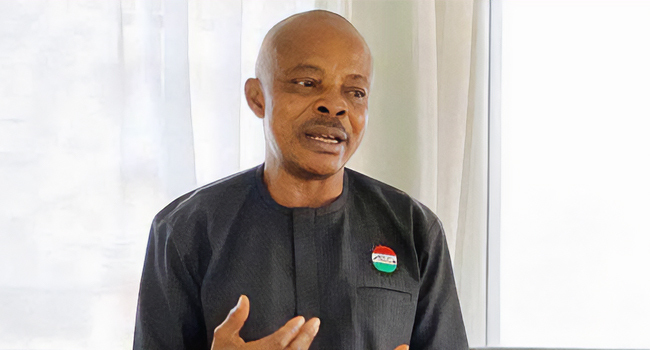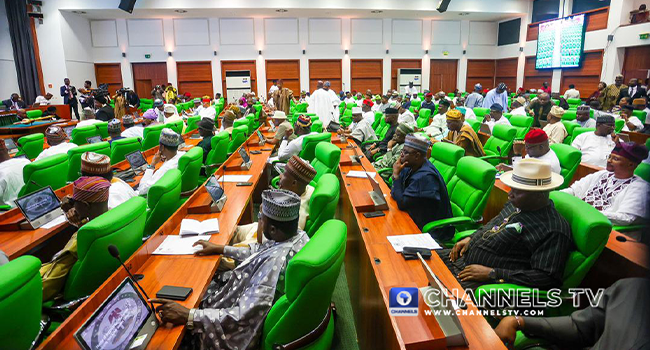The Nigeria Labour Congress (NLC) has faulted the Federal Government’s implementation of a ‘No work, No Pay’ policy over the striking members of the Academic Staff Union of Universities (ASUU).
ASUU had on Sunday declared a two-week warning strike starting from October 13.
The lecturers have been at loggerheads with the government over the work conditions of lecturers, the 2009 FGN-ASUU agreement, the release of withheld salaries, and sustainable funding for the revitalisation of public universities.
In a statement, NLC President, Joe Ajaero, said that the ASUU warning strike is a ‘direct consequence’ of the government’s refusal to honour collectively bargained agreements.
He said the government’s continued refusal to implement agreements voluntarily reached with lecturers and workers was undermining public tertiary institutions.
“Rather than engaging in good faith to resolve the crisis, the government has resorted to the unproductive threat of ‘No Work, No Pay’. This misrepresents the situation. The breach of contract lies with the state, not the scholars,” he said.
“In light of this, the Nigeria Labour Congress hereby declares its full solidarity with ASUU and all other unions in the tertiary education sector.”
⌈READ ALSO⌋ Strike: ‘Nobody Can Threaten Us’, ASUU Downplays FG’s No-Work-No-Pay Directive
Ajaero called on the Federal Government to immediately set aside its threats and use the two-week window to address the core issues in the negotiated agreements with ASUU.
According to him, the NLC is deeply concerned by the persistent crisis in Nigeria’s public education system, marked by chronic underfunding and a failure to honour agreements.
Ajaero explained that lecturers were willing to work, but the government has made it impossible for them as it continued to renege on its commitments.
“This struggle extends beyond an isolated industrial dispute. It reflects a broader societal issue. While the children of the elite attend private institutions or study abroad, the children of the working class and the poor are left in a public education system being systematically weakened.
“This creates an educational divide that limits social mobility and perpetuates inequality. An educated populace is essential for a progressive nation, and the current approach appears designed to reserve quality education as a commodity for the privileged few,” he said
The NLC president said it would convene an emergency meeting with its affiliates in the tertiary education sector to develop a comprehensive strategy for engaging the government.
He said the NLC will no longer allow the university-based unions to stand alone as ASUU’s struggle is a fight for public education and a fight for Nigeria’s future.
“We serve notice that if, after this two-week warning strike, the government remains unresponsive, the NLC will not stand idly by,” the statement added.
“The choice is clear: honour the agreements and salvage public education or face the resolute and unified force of the entire Nigerian workforce.”





